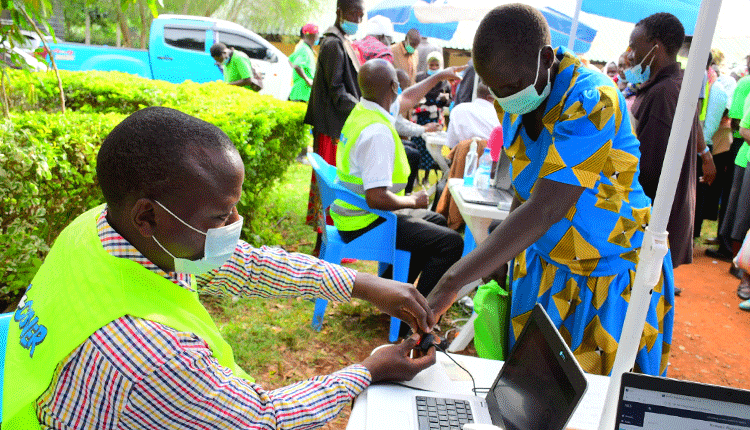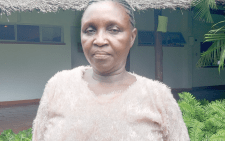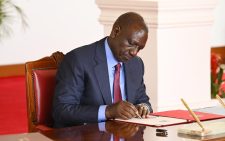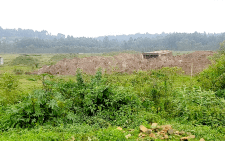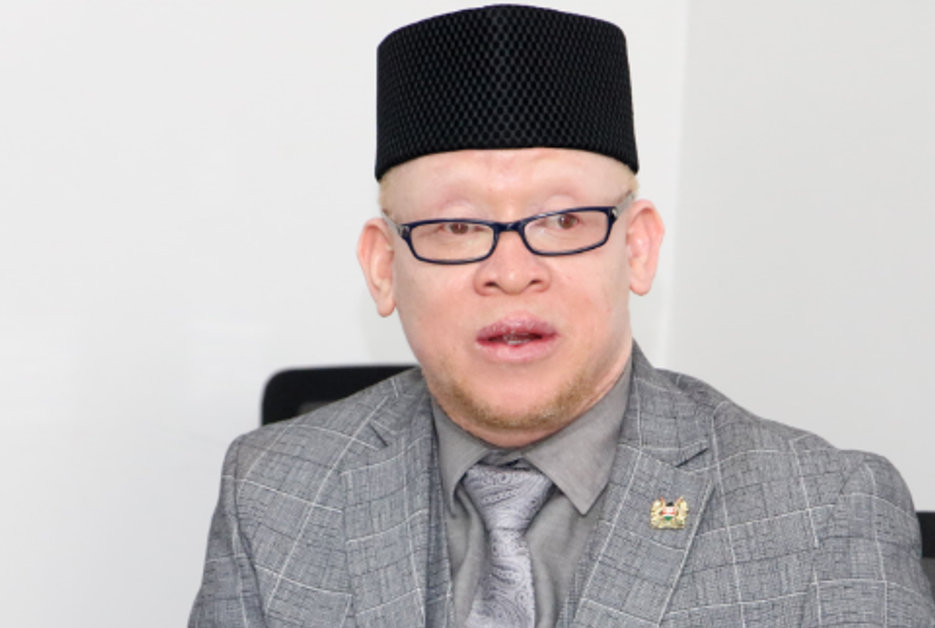Demographic dividend as anchor to fight Covid-19 pandemic
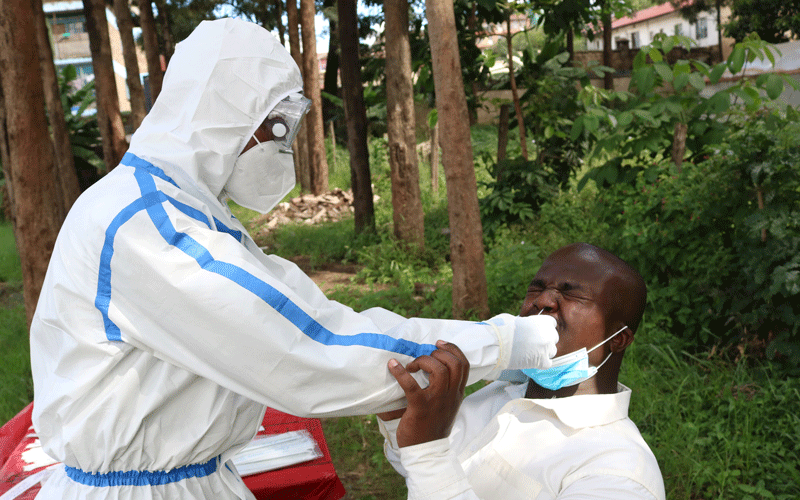
Mabingue Ngom
The Year 2020 will be remembered as the year that heralded great global changes in reaction to the Covid-19 pandemic.
This debilitating contagion has forced the entire world to rethink the future. Among them are stimulating the global economies and instituting newer social, professional and institutional protocols.
The first six months of the year 2020 under a pandemic have given us ample time for shoring up better resilient communities and providing adequate lessons on interventions that work and acknowledging those that stall our progress.
Africa cannot afford to ignore the initial drawbacks, hiccups and challenges that it has faced in dealing with Covid-19 and previous pandemics: Covid-19, just like Ebola outbreaks in West and Central Africa, have tested the continent’s level of preparedness, reengineered emergency responses and fast-tracked long-term future planning.
No doubt, these realities place more emphasis on the future. This is critical especially at such a time as we are currently fighting the pandemic and preparing for any other future infectious diseases outbreaks.
We must invest in education, health, entrepreneurship, wealth creation, rights, governance and youth empowerment, as per the pillars of the African Union’s (AU) roadmap on harnessing the continent’s demographic dividend.
With a population estimated at 414 million people in 2016, and projected to reach one billion by 2050, the West and Central Africa region has enormous potential, yet faces complex and interconnected challenges in the health, political, humanitarian, demographic and economic spheres.
At 87.2 per cent for the age groups 0 to 14 together with that of 65 and above, and with a rate of five children per woman (which is the world’s highest fertility rate), as well as an annual population growth estimated at 2.7 per cent, the West and Central African region has the highest dependency ratio globally.
Moreover, its population is predominantly young, with almost 60 per cent being under the age of 24.
A number of countries in the region have reached the status of middle-income country, and are experiencing favourable economic growth, this positive trend has not impacted prosperity to the same scale due to inequalities and the slow demographic transition.
While significant progress is being made in other parts of the world, African countries are almost all lagging behind in their demographic transition.
In most countries, the average number of children per woman is still high and does not currently show a significant decline.
It is close to, or exceeds five children per woman. In some countries mostly in West and Central Africa, the population growth rate is estimated at nearly three percent per year, and populations under 25 account for almost two-thirds of the total population. With this current pace, their populations will double every 15 to 30 years.
It is clear that this demographic situation is likely to upset, if not undermine, the continent’s development prospects, especially if it is related to current economic growth figures.
It has the effect of increasing the social demand and exerting considerable pressure on the resources of governments with a systematic increase of poverty and the extension of the fragility of the States because of a dependency rate which far to weaken, will be exacerbated by rising unemployment rates, particularly among young people
The main challenge for Africa is therefore clear: to control the dynamics of its population to make it a real economic potential, with a positive impact on development.
Nevertheless, translating this demographic transition into accelerated economic growth depends on a number of institutional and policy reforms.
These include investments for productive people, jobs and wealth creation for women together with the youth, and improved education and training, as well as access to reproductive health services including maternal health and family planning.
The Covid-19 Situation Report released by the World Health Organisation (WHO) African Regional Office in late May shows that cumulatively 115,237 Covid-19 cases have been reported in the continent with 3,453 fatalities at the time. – Mabingue Ngom is the Regional Director of the UNFPA-West and Central African Regional Office
